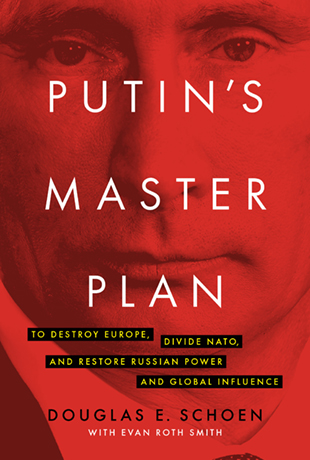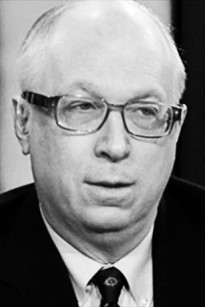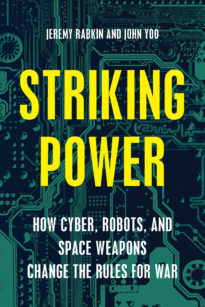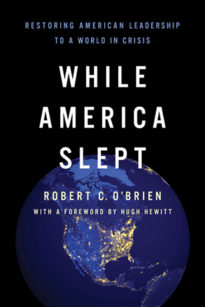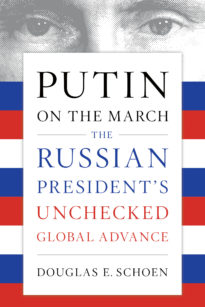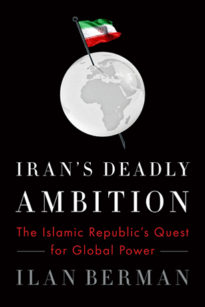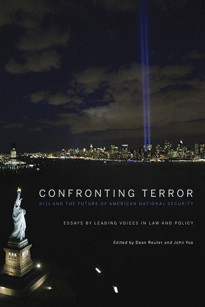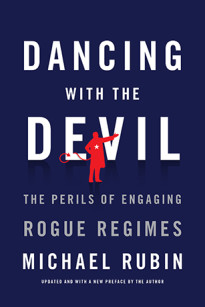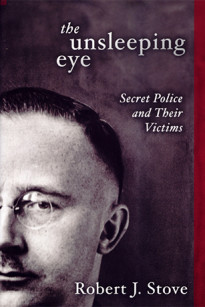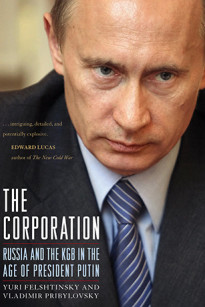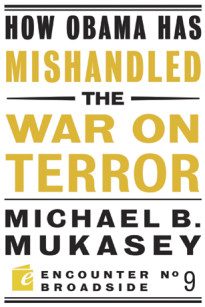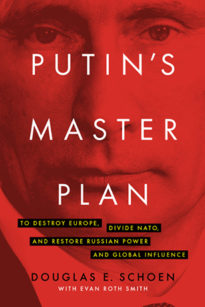At five in the morning on Thursday, February 27th, 2014, unidentified gunmen stormed the Supreme Council of Crimea in Simferopol, the capital of Ukraine’s semiautonomous Crimea region.
A local pro-Russian activist camped outside the Supreme Council told journalists that the gunmen “didn’t look like volunteers or amateurs, they were professionals. This was clearly a well-organized operation . . . . Who are they? Nobody knows. It’s about 50–60 people, fully armed.” The mysterious gunmen took down the Ukrainian flag that flew over the Supreme Council and raised a Russian flag in its place. All across the Crimean peninsula, taking advantage of the early morning light, dozens of teams of unidentified, heavily armed soldiers seized key government, military, and infrastructure sites; raised Russian flags; and rebuffed all questioners. Soon, the world had a name for these uniformed but unidentified soldiers who had materialized to take control of Crimea in a matter of hours: “Little green men.”
They didn’t come from Mars but from Russia, on the direct order of Russian president Vladimir Putin. Analysts who have observed Putin’s decade-long pattern of aggressive interference in Ukraine quickly recognized his hand in Crimea’s seizure. The rapid and violent escalation of Russian military and political involvement in Ukraine opened a new chapter in Putin’s bloody project to reestablish Russia as a regional and global power.
Soon, it became clear to the world that the little green men were Russian Spetsnaz forces, and Putin himself would eventually admit as much. Putin moved quickly to consolidate control of Crimea and annex it to Russia. Within a month, Crimea had switched its clocks to Moscow time. Putin’s illegal invasion and annexation of Crimea would be followed by Russian sponsorship of a violent separatist movement in Eastern Ukraine. As of this writing, Russian-backed separatists continue to do battle with the Ukrainian military in and around Donetsk and Lugansk, costing thousands of lives and threatening to plunge Ukraine into political, economic, and social catastrophe.
While Putin’s forces were still establishing control of Crimea, before most media or politicians had fully acknowledged or grasped the seriousness of Russia’s speedy land grab, Poland’s then-foreign minister, Radosław Sikorski, warned prophetically that “this is how regional conflicts begin. This is a very dangerous game.”
Sikorski is right. By invading Ukraine, Putin has plunged Europe into a perilous state of conflict and turmoil not witnessed since the darkest days of the Cold War. Since seizing Crimea and starting the war in eastern Ukraine, Russia has conducted cross-border raids into the Baltic states, ordered its fighters to buzz US Navy ships, and sent nuclear-capable bombers into the airspace of neighboring countries. Indeed, Putin has become so aggressive that he risks pushing Russia into a full-blown nuclear confrontation with NATO. During the Cold War, the world was lucky to avoid a nuclear war between America and the Soviet Union. We may need to be that fortunate again.
Putin’s ambitions are not limited to the territory of the former Soviet Union, though he has begun to question whether former Soviet states are even legally independent of Russia. Putin has targeted countries like Bulgaria and Slovakia for expanded Russian influence as well. Never one to miss an opportunity, Putin has taken advantage of the long-running feud between Greece and its European creditors to position Russia as an alternative ally and potential financial savior for the beleaguered, bitter Greeks. Putin’s vision extends beyond Europe, too: he has intervened in Syria to support Bashar al-Assad and transferred nuclear technology to Iran’s ayatollahs, and he has cut trade deals with North Korea’s lunatic Kim dynasty.
To some, Putin may seem like an unpredictable tyrant, obsessed with power, violence, and conquest, who lashes out at neighboring countries impulsively and spasmodically. We believe the truth is much more subtle, and even more formidable, than either of these characterizations: Putin is a calculating master of geopolitics with a master plan to divide Europe, destroy NATO, reestablish Russian influence in the world, and, most of all, marginalize the United States and the West in order to achieve regional hegemony and global power. And his plan is working.
While many observers are now waking up to Putin’s single-minded hostility in Europe and the threat he poses to security on the continent and around the world, no one has yet documented and analyzed Putin’s far-reaching plan, why it is so dangerous, and why the United States and its allies must take decisive steps to roll back this agenda. Putin still has defenders in Europe and America, some of whom are bought and paid for by Kremlin petrodollars and others who simply don’t believe that Putin is an existential threat to the West. In this book, we intend to make it clear just how pernicious Putin’s plan is, and why he must be stopped.
American and European leaders have failed to respond adequately or forcefully to Putin’s challenge. They propose weak half-measures—like storing American tanks in Polish warehouses—while Putin builds more nuclear missiles and opens military bases on conquered Ukrainian territory. Indeed, Russia is set to double its strategic nuclear arsenal, in direct violation of the 2010 New START Treaty naïvely negotiated by the Obama administration. No less of an authority than former US national security advisor and grizzled Cold Warrior Zbigniew Brzezinski says flatly that “we are already in a Cold War” with Russia. Yet our politicians equivocate and explain away Russia’s blatant pattern of internationally destabilizing military aggression.
